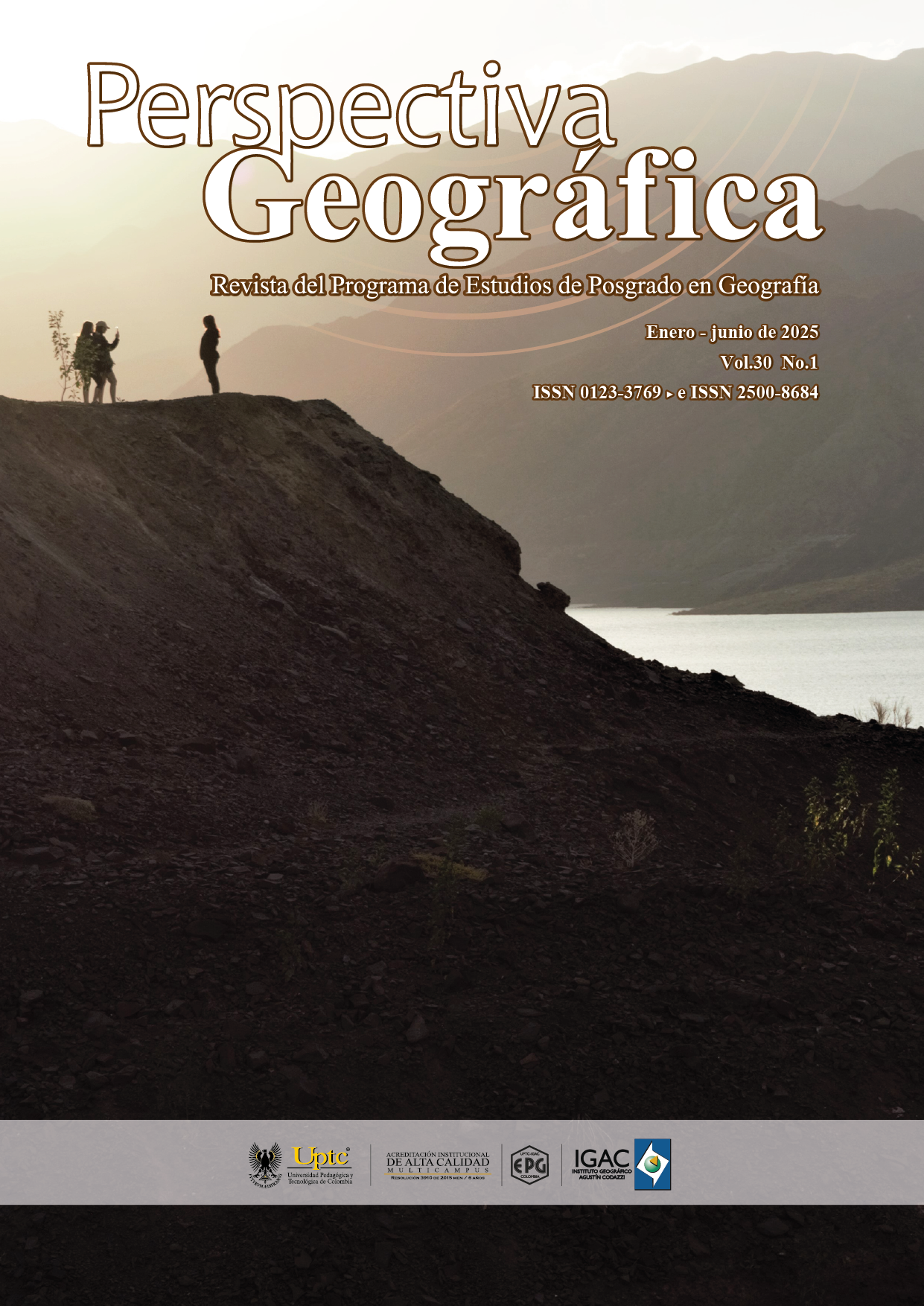Legal pluralism and the production of urban space: an approach based on scales of power

Abstract
The article aims to explore the relationship between Law and the social productionof Space, proposing legal pluralism as a theoretical-methodological alternative capable ofshaping/understanding/recognizing the multiplicity of spatial configurations and theirforms of production. In this sense, the following questions arise: does law concern itself withterritorialities? How does Law act in the production of space? To this end, it emphasizes amethodological perspective based on scales of power, on how to conceive the relationshipsbetween multiple legal orders, rationalities, and/or normative practices that sometimes disputethe production and appropriation of space. The article is a theoretical elaboration that useda qualitative literature review as its methodology. The main conclusion is that state law oftenfails to capture territorial dynamics and multiculturalism, imposing norms that do not reflectthe needs of individuals and situating them in marginality, illegality, and non-place. Thus, legalpluralism would qualify as an approach that enables a closer empirical approximation and amore accurate understanding of normative social practices, allowing for a more democraticand participatory view of urban space production.
Keywords
Urban Space, Law, Power
References
- Avellaneda, A. (2015). Las escalas del poder político artes, redes y técnicas en los estudios de gubermentalidad. Astrolabio, 14, 93–120. https://doi.org/10.55441/1668.7515.n14.10740
- Benda-Beckmann, K. V., & Turner, B. (2018). Legal pluralism, social theory, and the state. The Journal of Legal Pluralism and Unofficial Law, 50(3), 255-274.
- Berman, P. S. (Ed.). (2020). The Oxford handbook of global legal pluralism. Oxford University Press.
- Castells, M. (2002). A sociedade em rede (Vol. I). Lisboa: Fundação Calouste Gulbenkian.
- Castells, M. (2018). Ruptura: a crise da democracia liberal. Zahar.
- Dávila, J. (2004). Apuntes sobre pluralismo jurídico. Ediciones Uniandes.
- Ehrlich, E. (1986). Fundamentos de una sociología del derecho. UnB.
- González, S. (2006). Scalar narratives in Bilbao: A cultural politics of scales approach to the study of urban policy. International Journal of Urban and Regional Research, 30(4), 836-857.
- Häkli, J., & Paasi, A. (2018). Geography, space and identity. In Voices from the North (pp. 141–155).
- Harvey, D. (2006). A produção capitalista do espaço (2ª ed.). São Paulo: Annablume.
- Keenan, S. (2014). Subversive property: Law and the production of spaces of belonging. Routledge.
- Lefebvre, H. (1974). La producción del espacio. Papers, 3, 219. https://doi.org/10.5565/rev/papers/v3n0.880
- Lefebvre, H. (2008). Espaço e política. Editora UFMG.
- Magalhães, A. F. (2013). Sociologia do Direito: O pluralismo jurídico em Boaventura de Sousa Santos. Rio de Janeiro: Editora UFRJ.
- Martínez, J. E. R. (2008). Derecho, ciudad y sociedad: Ensayo de sociología jurídica crítica. Centro de Investigaciones.
- Merry, S. E. (1988). Legal pluralism. Law and Society Review, 22 (5), 869-896.
- Moore, S. F. (1973). Law and social change: The semi-autonomous social field as an appropriate subject of study. Law & Society Review, 7(4), 719–746. https://doi.org/10.2307/3052967
- Morozov, E. (2018). Big tech: A ascensão dos dados e a morte da política. Ubu Editora.
- Patiño, A. C. R. (2007). Da norma praticada às práticas normativas: experiências urbanas na apropriação territorial e usos do solo em Medellín, Colômbia. Tese (Doutorado) - Curso de Planejamento Urbano e Regional, Universidade Federal do Rio de Janeiro.
- Puebla, J. G. (2001). Escalas espaciales, escalas temporales. Estudios Geográficos, 62(242), 89-104.
- Raffestin, C. (1980). Por una geografía del poder. Traficante de Sueños.
- Santos, B. de S. (1991). Estado, derecho y luchas sociales. Santafé de Bogotá: Instituto de Servicios Legales Alternativos.
- Santos, B. de S. (1977). The law of the oppressed: The construction and reproduction of legality in Pasargada. Law and Society Review, 12(5), 5-126.
- Santos, M. (2002). O espaço do cidadão. São Paulo: Studio Nobel.
- Santos, M. (2008). O espaço dividido: Os dois circuitos da economia urbana dos países subdesenvolvidos.
- Smith, N. (1992). Geography, difference and the politics of scale. In Postmodernism and the social sciences (pp. 57-79). London: Palgrave Macmillan UK.
- Schmid, C. (2012). A teoria da produção do espaço de Henri Lefebvre: em direção a uma dialética tridimensional. GEOUSP Espaço E Tempo (Online), 16(3), 89-109.
- Stavrides, S. (2016). Common space: The city as commons. Bloomsbury Publishing.
- Swyngedouw, E. (2000). Authoritarian governance, power, and the politics of rescaling. Environment and Planning. D, Society & Space, 18(1), 63–76. https://doi.org/10.1068/d9s
- Swyngedouw, E., & Heynen, N. C. (2003). Urban political ecology, justice and the politics of scale. Antipode, 35(5), 898-918.
- Vainer, C. B. (2002). As escalas do poder e o poder das escalas: o que pode o poder local. Cadernos Ippur, 15(2), 13-32.
- Walker, N. (2016). Constitutional pluralism revisited. European Law Journal, 22 (3), 333-355.
- Wolkmer, A. C. (2017). Pluralismo jurídico: Fundamentos de uma nova cultura do direito. Saraiva Educação SA.
